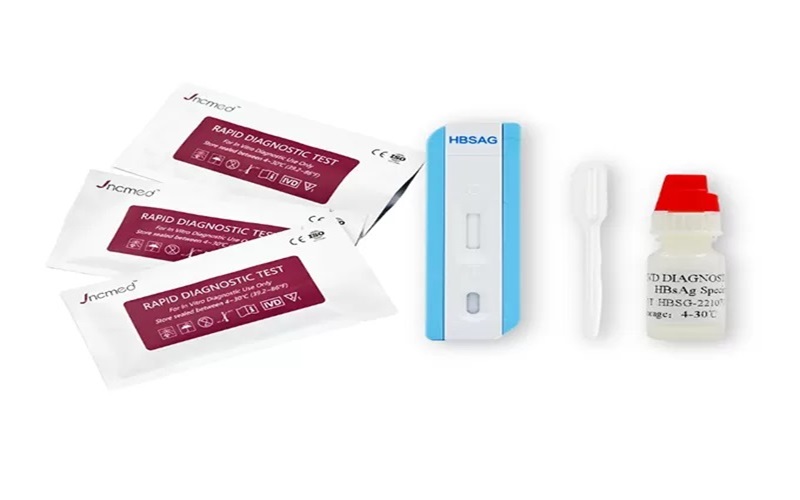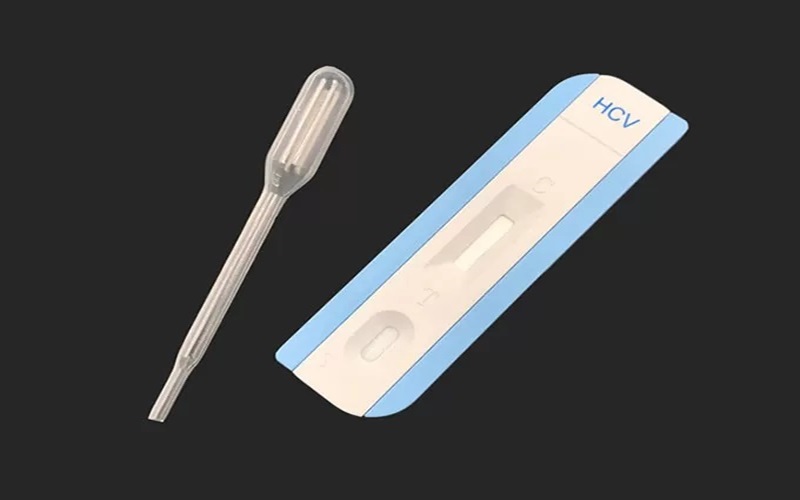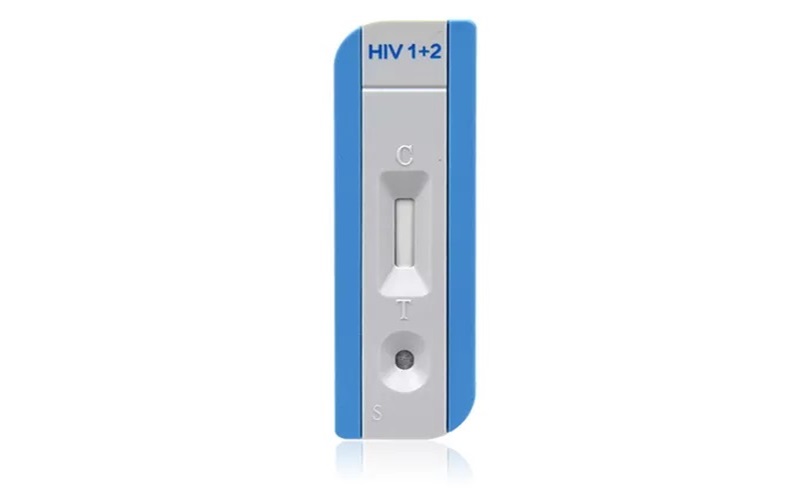Anesthetic products refer to drugs or devices used to reduce or eliminate pain and make patients lose consciousness or local sensation during surgery or treatment. They include general anesthetics, local anesthetics, sedatives, analgesics, and related anesthetic equipment (such as anesthesia machines, ventilators, etc.).
Products
- Medical Dressings and Bandaging Products
- Medical Waste Disposal Products
- In Vitro Diagnostic Reagents
- Respiratory Products
- Urology Products
- Infusion Products
- Operating Room Infection Control Products
- Commercial Medical Consumables
- Anesthesia Products
- First Aid Products
- Personal Care Products
- Rehabilitation Products
- Home Medical Equipment
- Animal Test Kits
- Animal Infusion Products
- Animal Diagnostic Equipment
- Animal Medical Consumables
What are you looking for?










